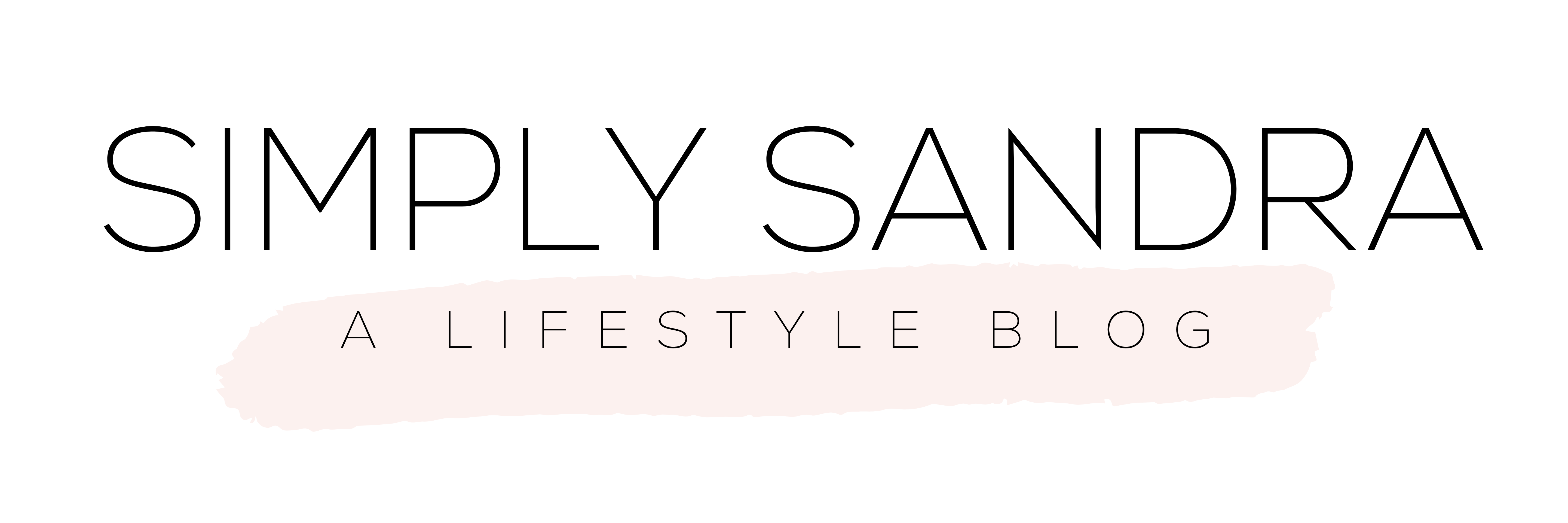
Here I am, unexpectedly writing the last post of my debt diary series.
If you have been following my student loan journey for a while now, you will know that I started my lifestyle blog last year during the pandemic primarily to talk about my student loan journey. This blog quickly turned into a lifestyle blog. As a multi-faceted being, I think a lifestyle blog is much more up my alley and reflective of who I am.
Anyway, as I am writing this I am pleased to announce that I no longer have my student line of credit open for repayment. I have “zero’d” it about a week ago.
This is certainly not the way I expected this to end but sometimes its about being transparent and honest about the journey.
In terms of my loan story, you will know from my last debt diary post, that I had gotten my loan principal balance down to significantly less than my annual salary. In my last post, the balance was $85,284. Prior to paying the balance off, my loan balance was $75,354.39 and the interest was accumulating at 2.95% (prime plus 0.5%).
The secret? I rolled the principal into my mortgage. Long story short, we inquired about rolling the balance into our condo mortgage as the interest rate (for our mortgage) was fixed at a lower amount than my student loan. We were able to obtain these funds as a line of credit which was secured against our condo and then I used that money to pay two lump sums equivalent to the balance of my student loan (the maximum for electronic payments is $50,000 so this had to be done in two payments).
The key here is that you will need to have a mortgage to do this. If you do not have a mortgage but you have parents or a relative that you trust who is willing to roll the loan into their mortgage, I would certainly explore this avenue. You can save thousands on interest.
If you are fortunate to have your own mortgage, rolling this amount into your mortgage is great because properties (at least in the GTA) tend to appreciate in value. Depending on your equity, rolling the balance of your student loan into your mortgage will mean that your mortgage payments will increase (usually this is marginal). If you get the figures and timing correct, at the time you dispose of the property and realize the equity you may find that you have a surplus. Rolling your student loan balance into your mortgage allows you to use that surplus that you have not yet realized (as you have not yet disposed of the property) to pay off the balance of your student loan.
I am hoping this explanation is clear enough. If you have any questions I would strongly suggest that you get a financial planner or seek the advise of an accountant to confirm whether this is the ideal course of repayment for you. This was great for me because it effectively allowed me to consolidate my debt. I do not have consumer debt so my husband and I are working towards hopefully becoming mortgage free one day.
A mortgage is generally disposable. If you want to be completely debt-free you can always sell your property and will likely realize a surplus. Whereas with a student loan, there is no recourse, you of course cannot just sell your J.D. and make your money back.
Please let me know if this has been helpful for you. If you have any ideas about student loans and repayment tips feel free to leave a comment below and I am happy to address and perhaps draft a post accordingly!

